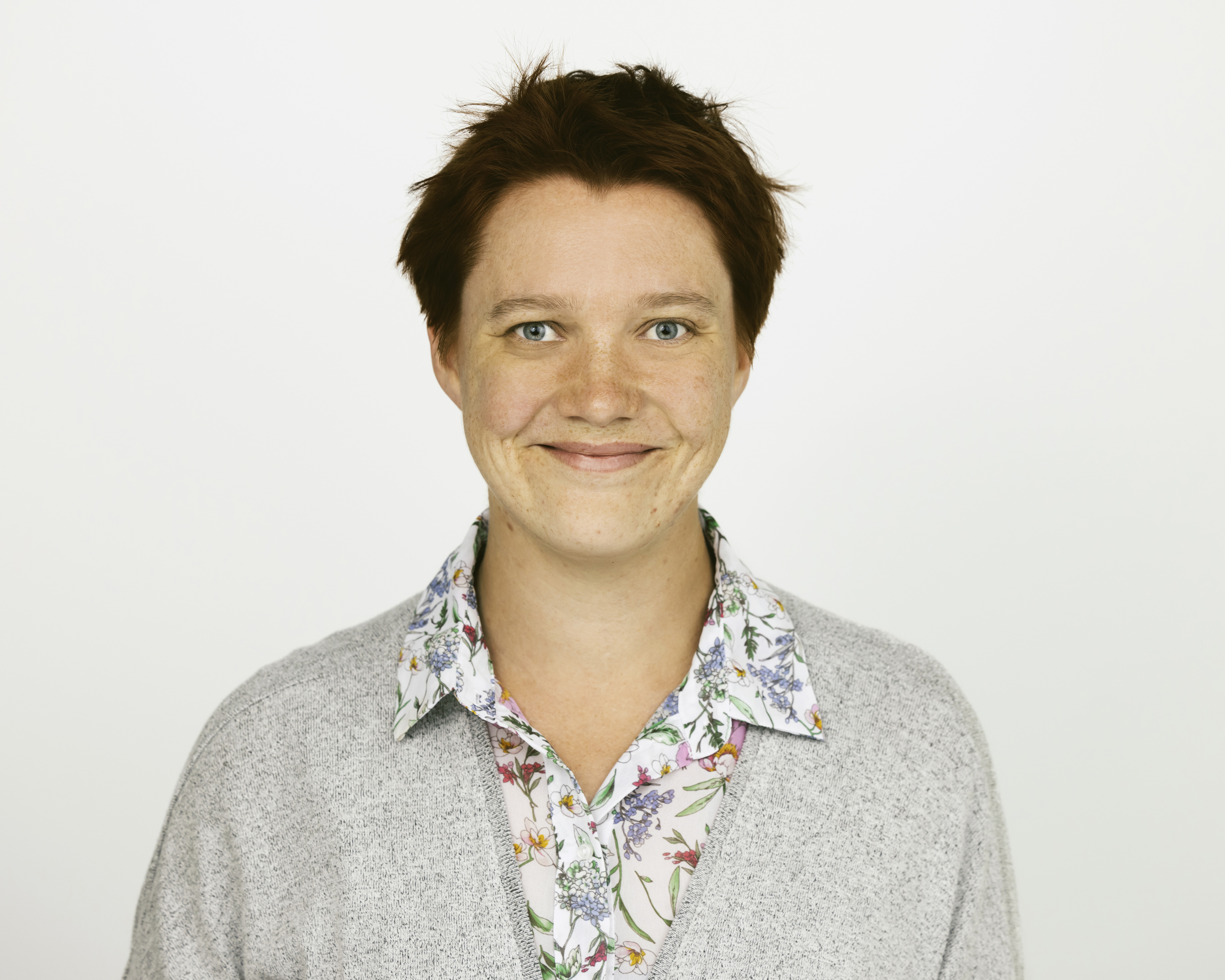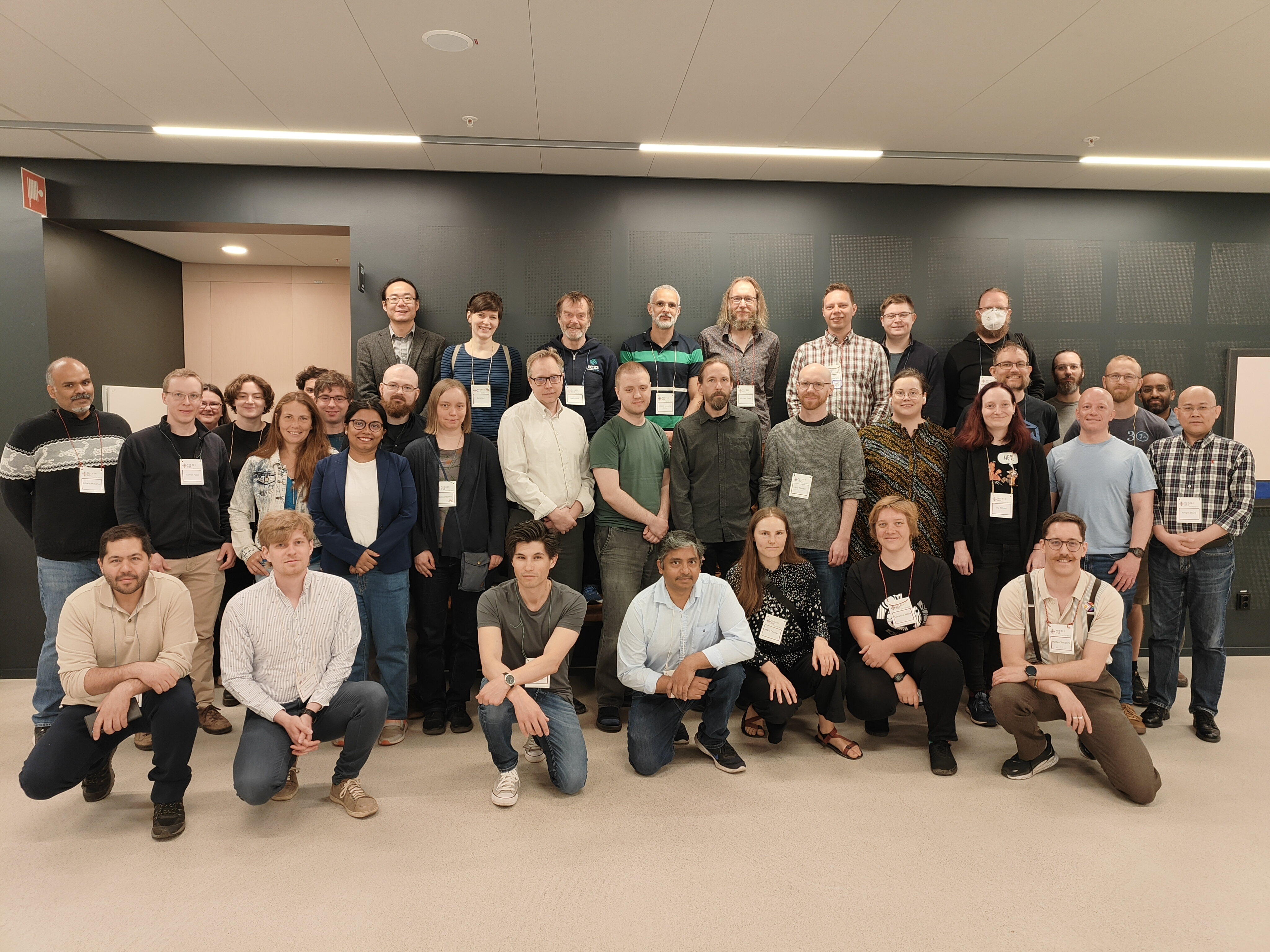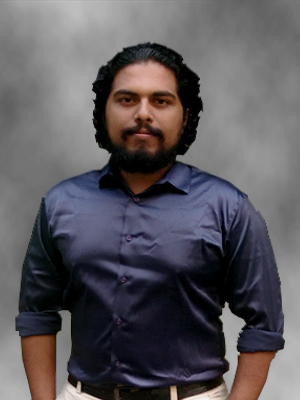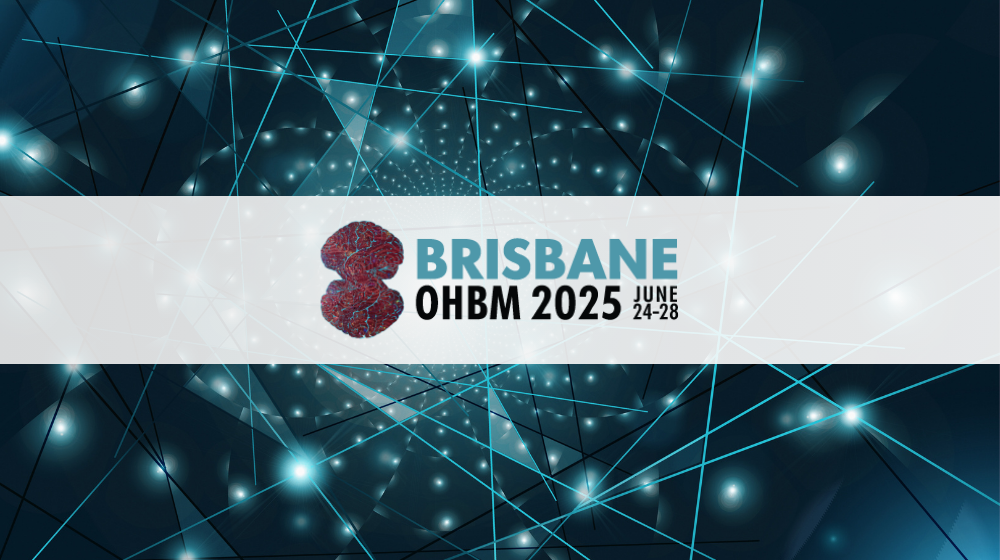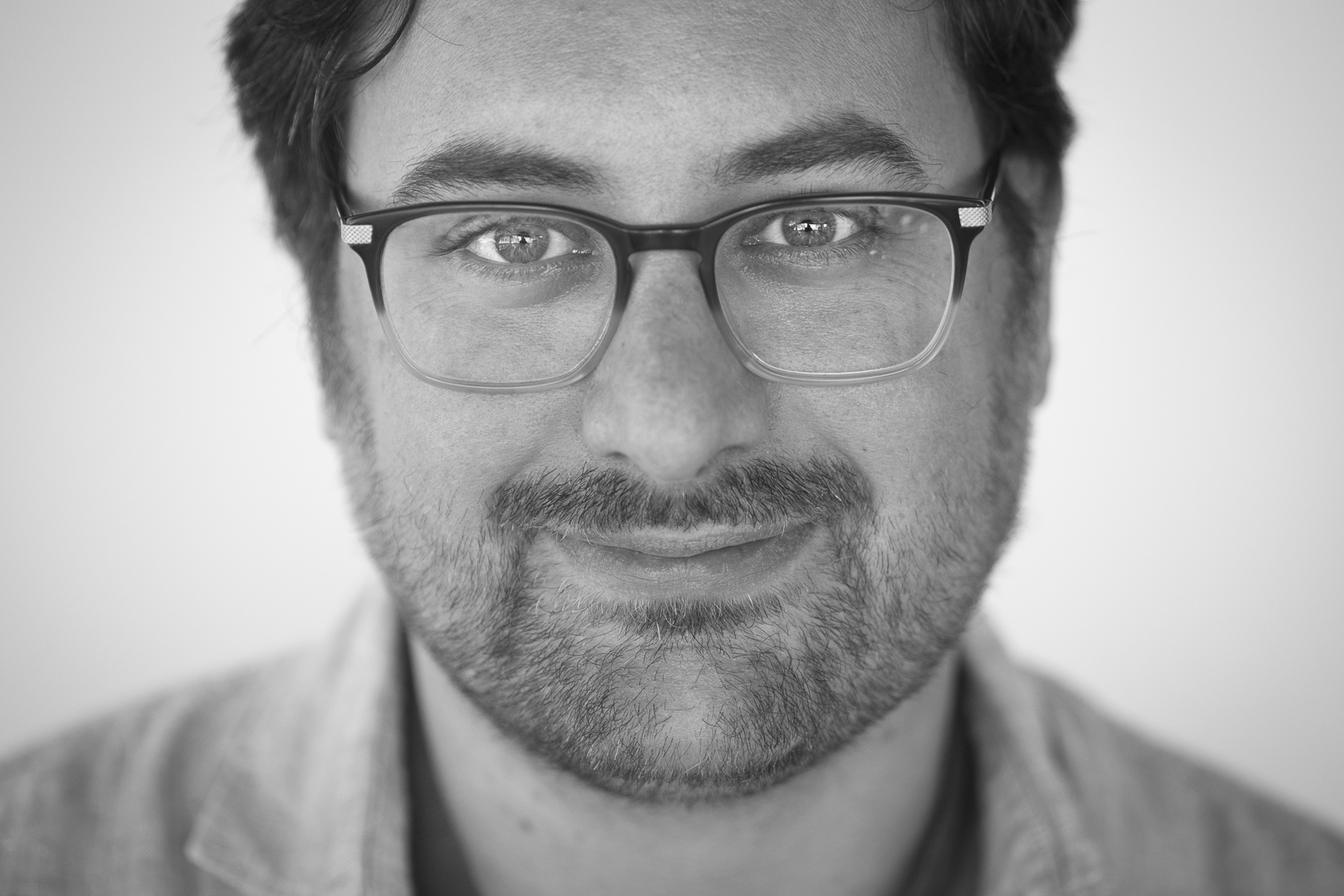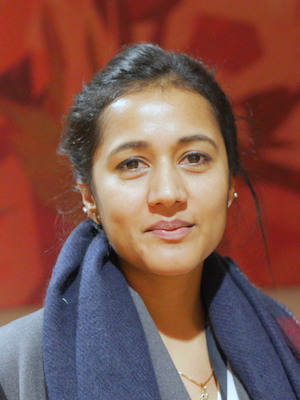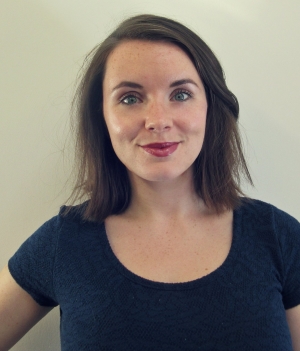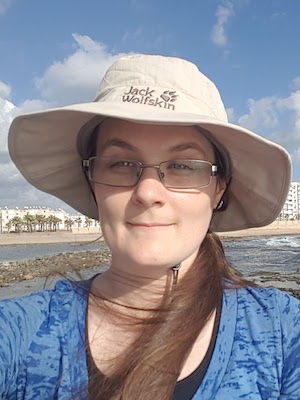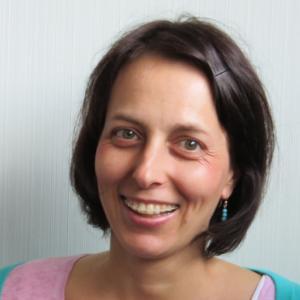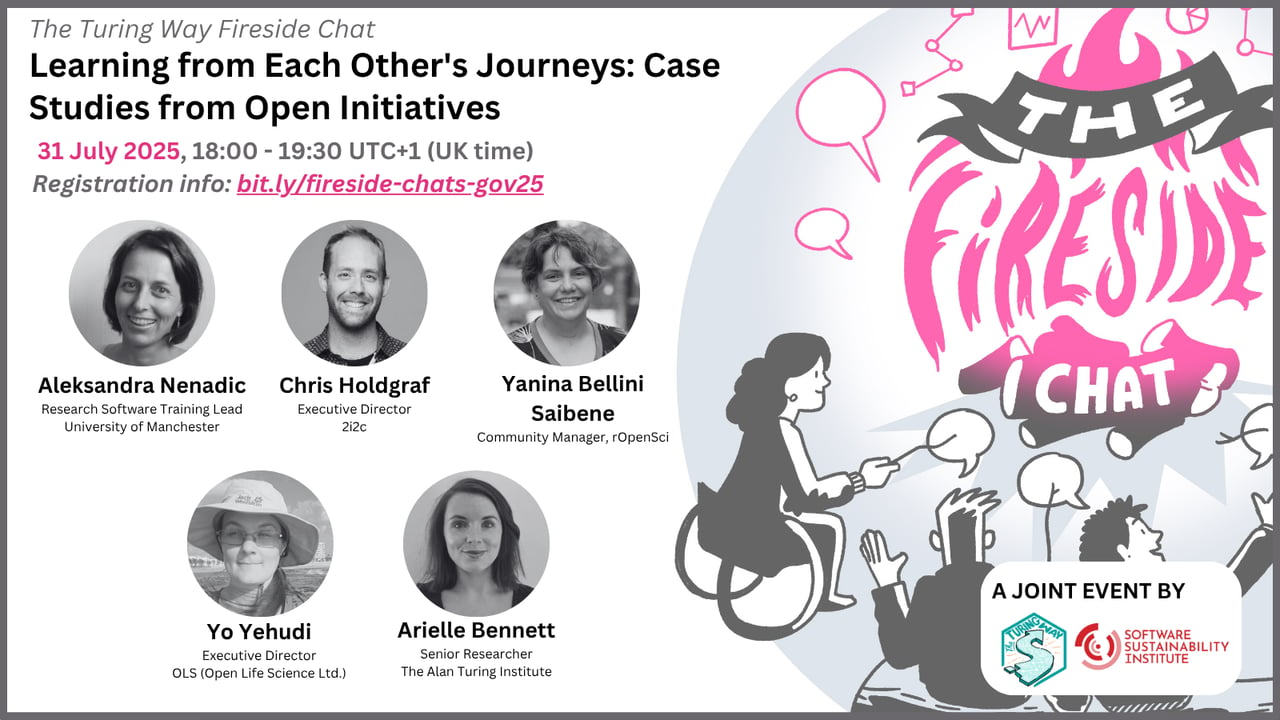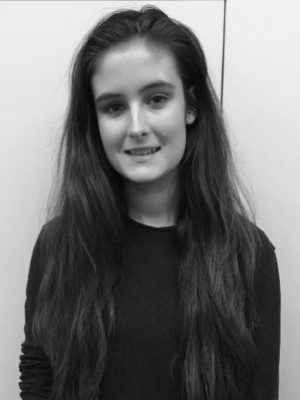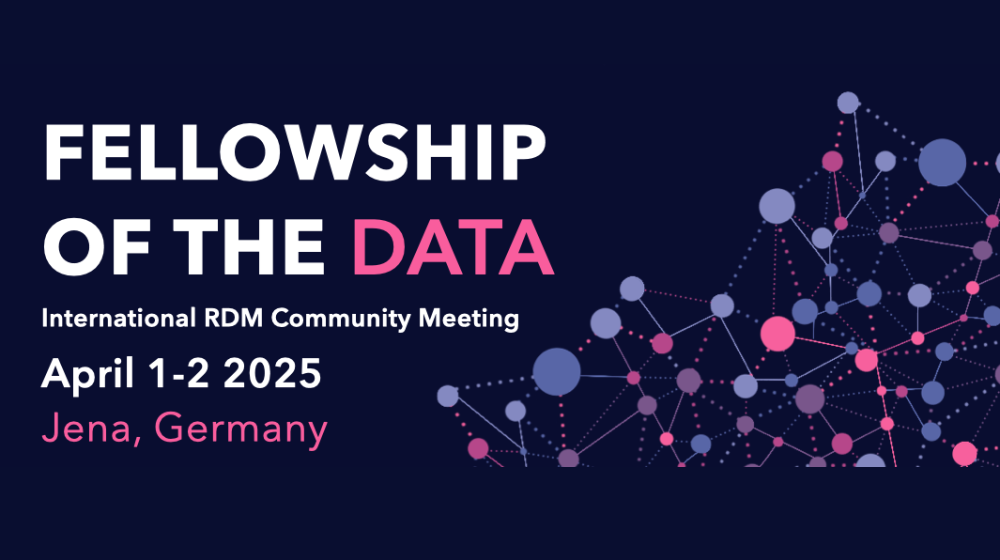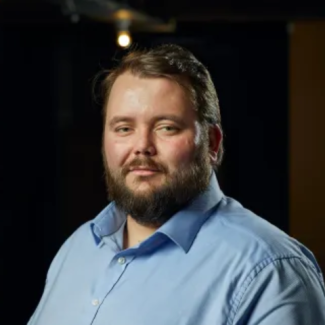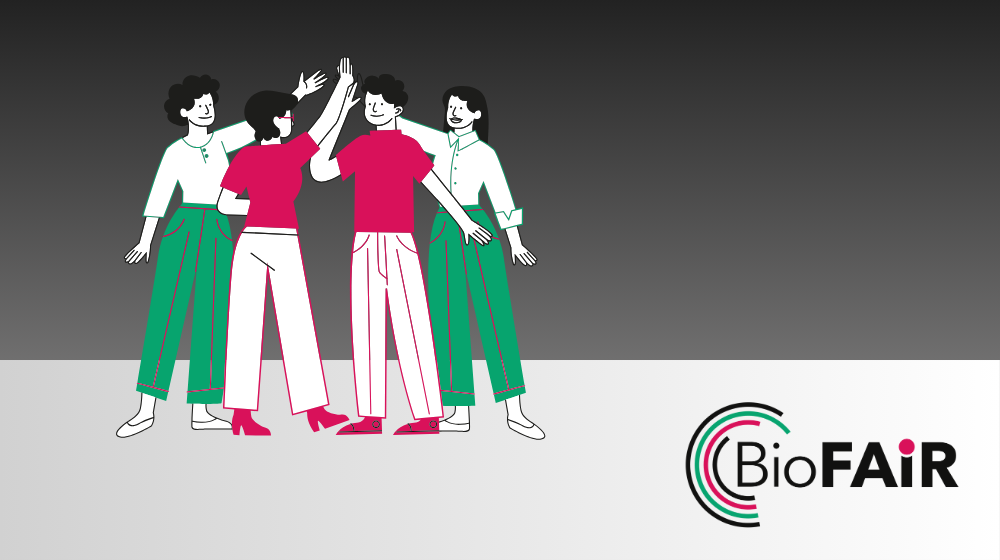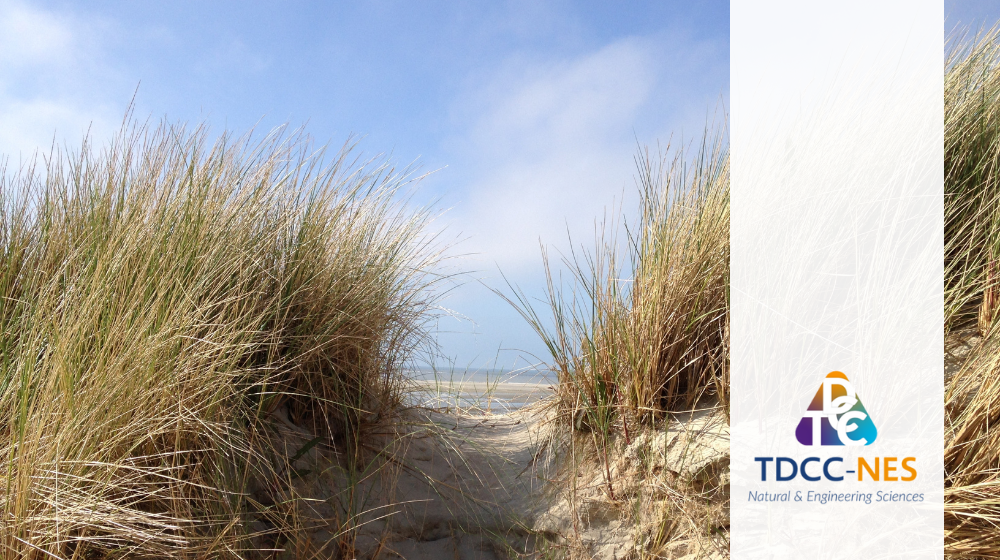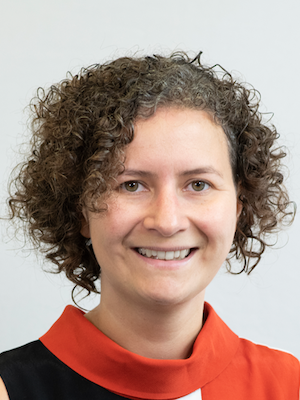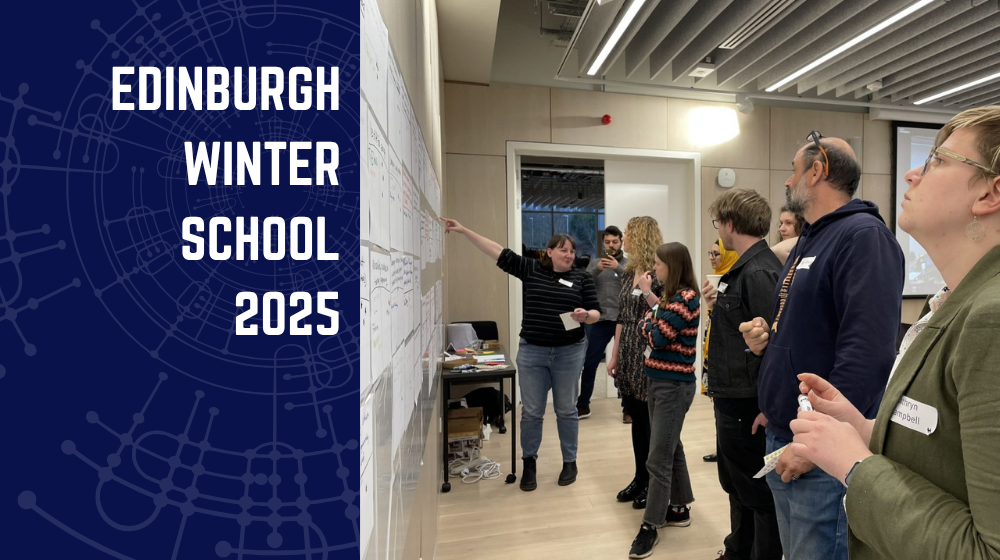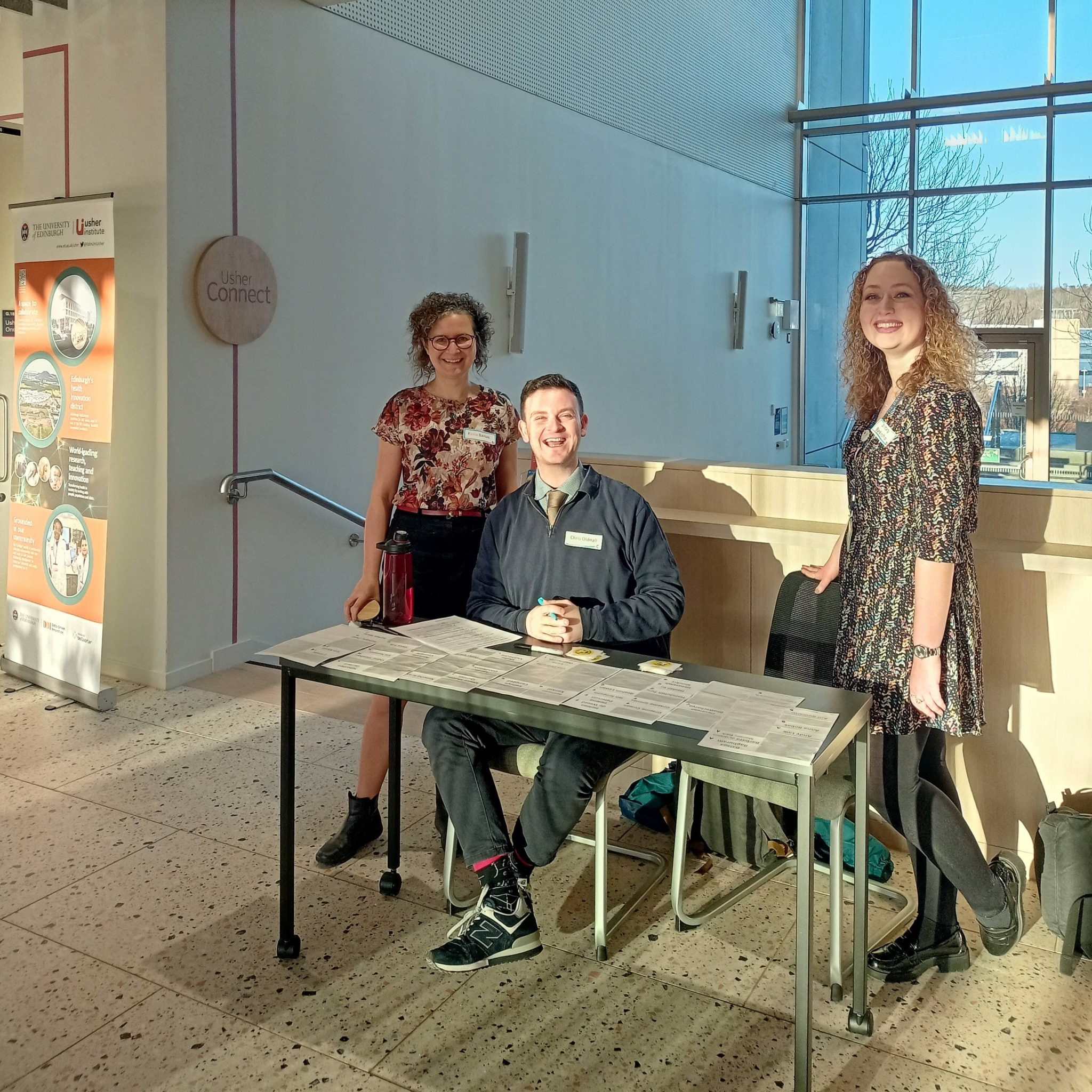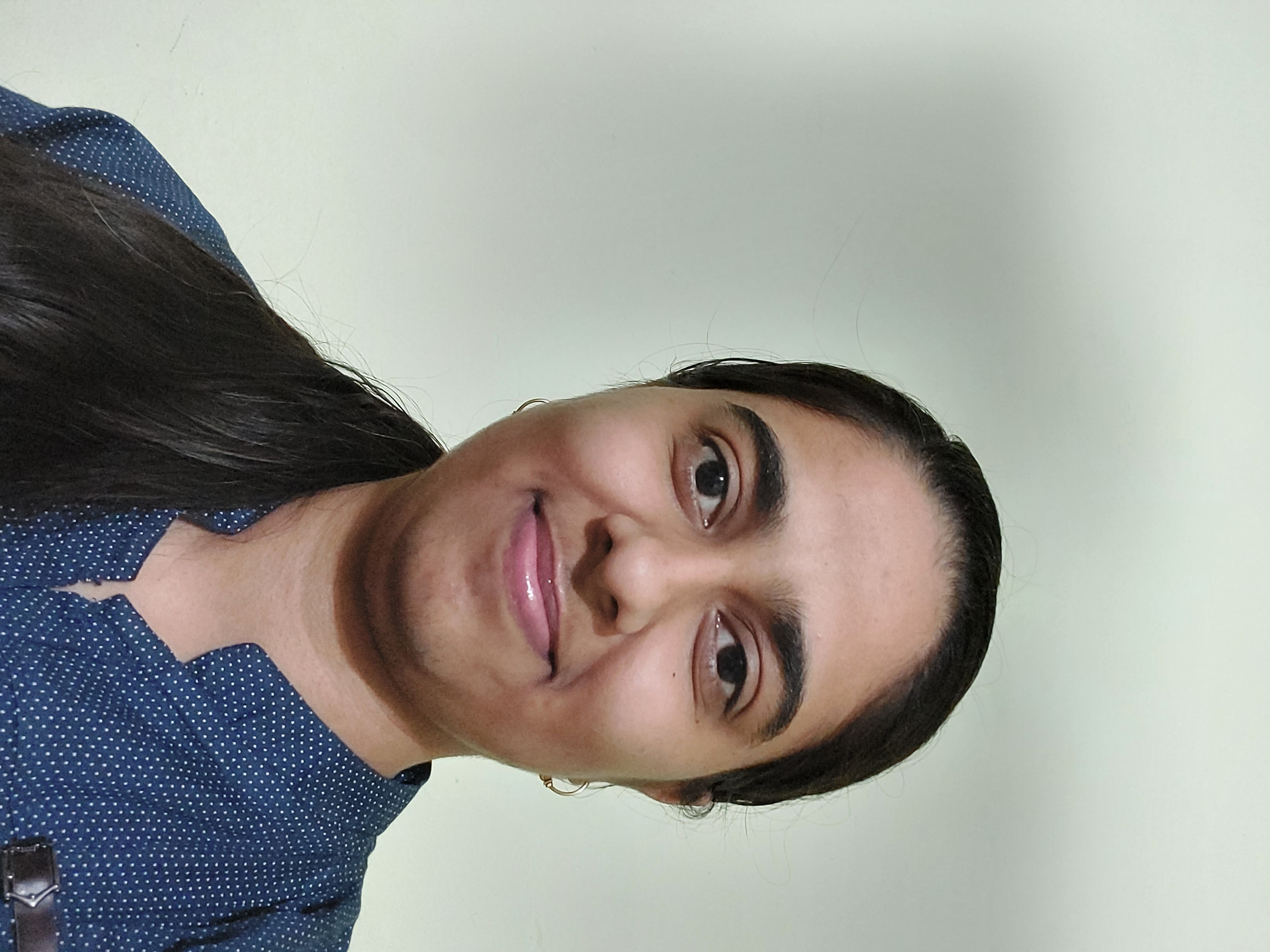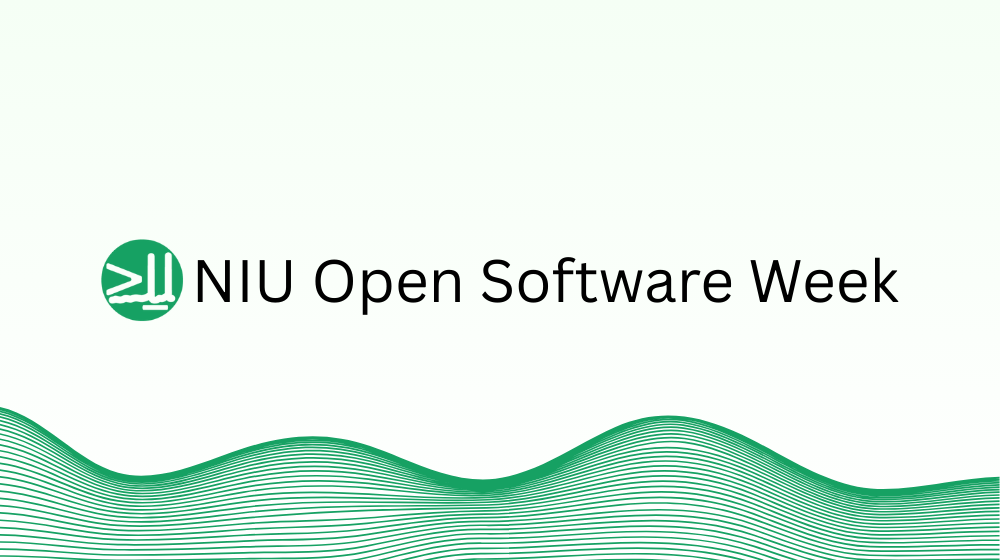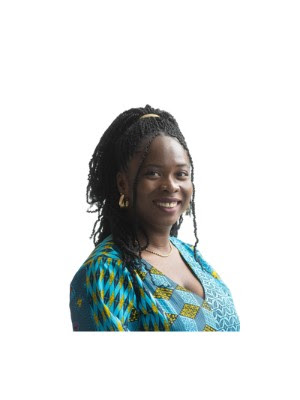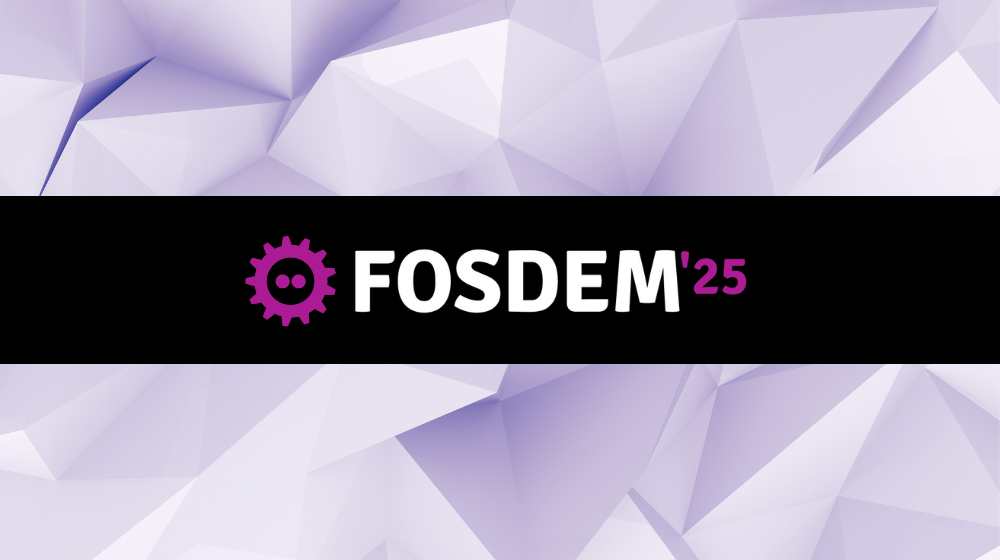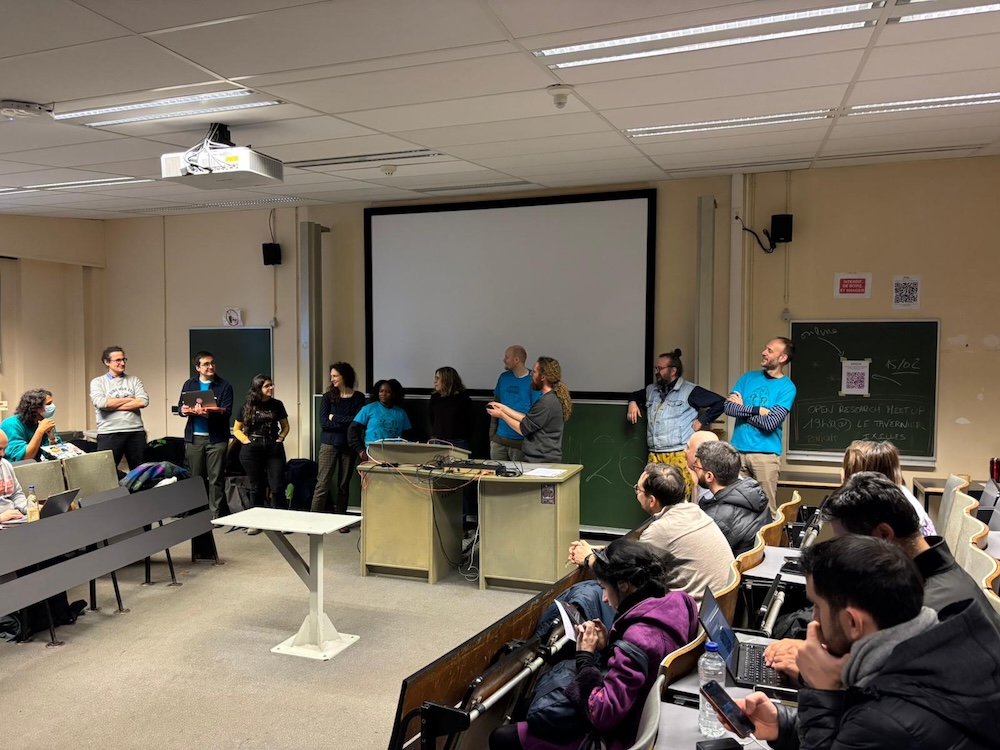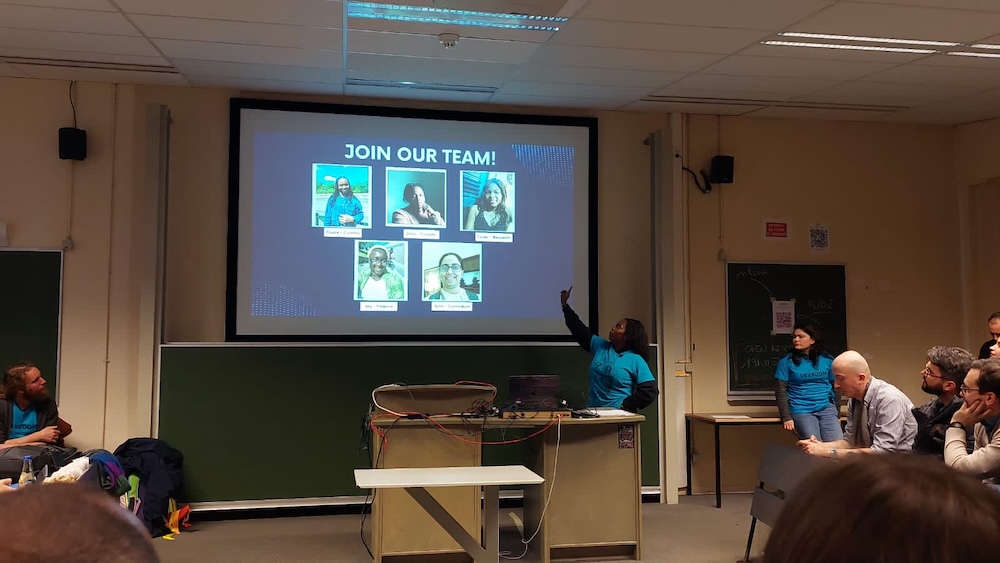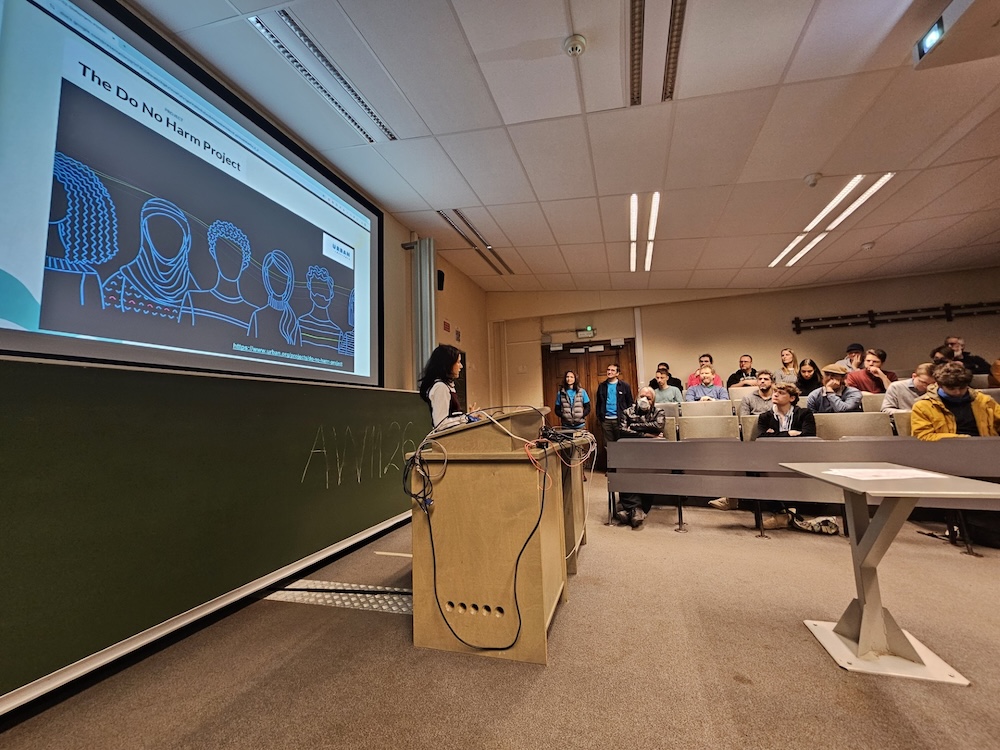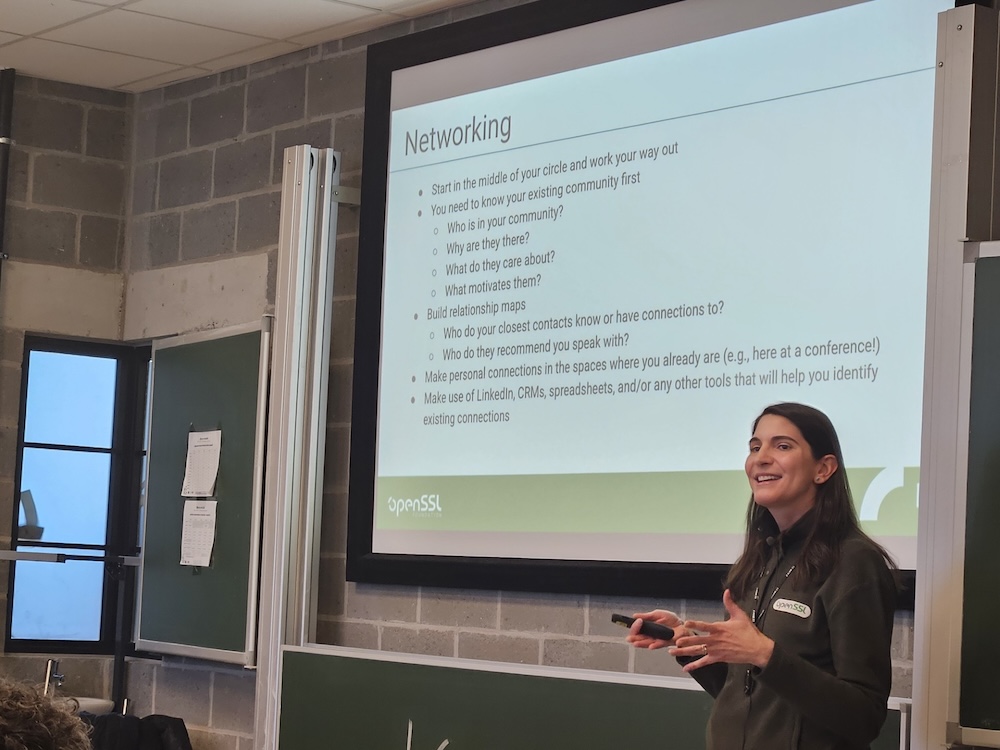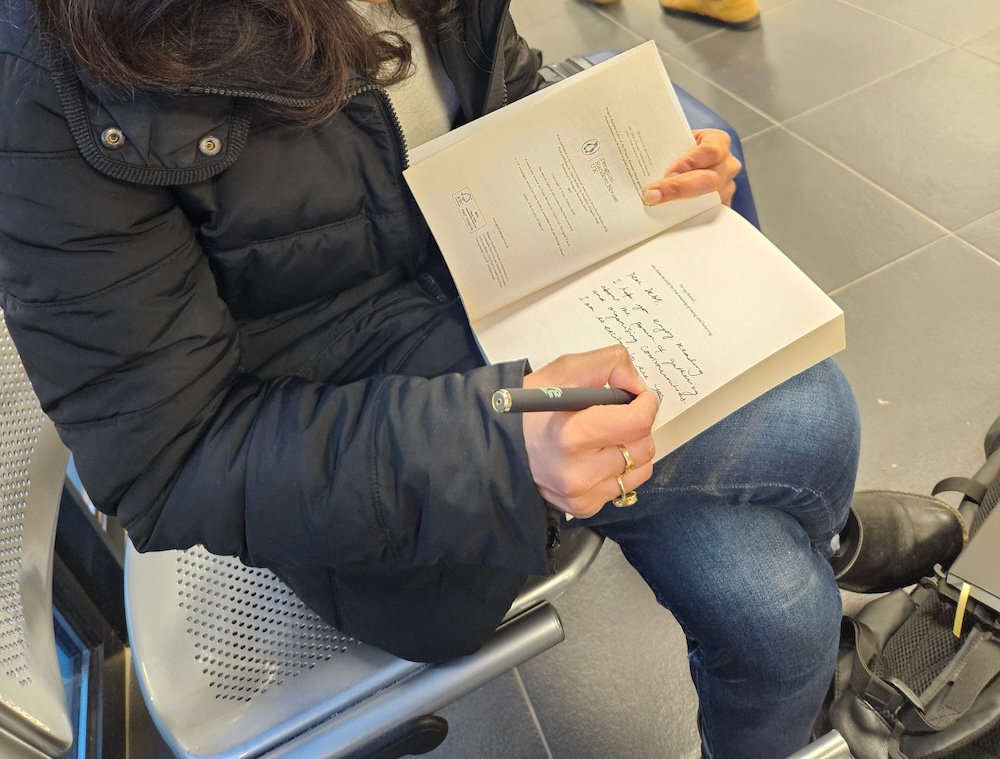This blog was originally posted on the Nordic RSE website.
The second Nordic-RSE in-person conference took place on May 20-21 2025 in Gothenburg, Sweden. The conference was made possible thanks to the support of the Gothenburg Research Institute in Digital Humanities and the Software Sustainability Institute, and it was for anyone passionate about research software engineering (RSE) - whether by writing research tools, supporting scientific software, or just being curious about the field. We built this event to be a space where people can learn, connect, and share knowledge.
And that’s exactly what happened in Gothenburg this May!
A Look at the Numbers
This year, we welcomed 45 participants to the Humanisten building at University of Gothenburg over two full days. We had a packed program, with:
- 1 keynote talk
- 14 talks
- 3 discussion sessions
- 2 tutorials
- 4 posters
What We Talked About
The range of topics was wide and reflected the diversity of interests within the Research (Software) Engineering enthusiasts community in the Nordics. To name just a few:
- Open Science
- Design patterns in code
- The history of free and open source software
- Vim (yes, really!)
- 3D visualization techniques
- Static web interfaces
- Peer review processes for reproducible research software
- RSE group structures, funding and career paths
- Data processing and (3D) visualization with game engines and other tools
- Training experiences in RSE and adjacent fields
- Data handling tools and techniques
- Graphical tools for working with supercomputers
- "Real-world" software engineering that can mess up someone's night in case of malfunction
And then there were all the spontaneous conversations - during lunch breaks, over coffee, and at the conference dinner - covering even more ground. The small size of the conference made it possible for each person attending to meet (almost) all the other participants: this fostered a very constructive and dynamic environment.
Getting There
The lead-up to the conference was its own journey. Early on, we also ran a conference info event in form of an interview with the conference chair and local chair, which we summarizes as a blog post titled "Join Us at Nordic-RSE conference 2025: A Home for Research Software Enthusiasts!". Abstract submission was open until March 16, and we hosted a dedicated “Night of Unfinished Abstracts” on March 12 to help people shape their ideas and get peer support finalizing their abstracts and ideas. Registration ran until early May, all through our website.
Staying Involved
The conference might be over, but we’re always looking for ways to keep the momentum going - especially online. Do you have a suggestion for a seminar speaker? Have you got a topic you’d like to present? Want to help organize the next conference?
Join us in the Nordic-RSE Zulip chat and help shape what’s next. Nordic-RSE is built from the bottom up, by RSE themselves for other RSEs.
Thank You
A heartfelt thanks to everyone who made Nordic-RSE 2025 happen:
- Our code of conduct committee, Heli and Julia
- The organizing team: Matteo, Radovan, Luca, Richard, Jarno, and Samantha
- Our funders: the Software Sustainability Institute and GRIDH
- And of course: every participant - for coming, sharing, discussing, and generally contributing to the great atmosphere that we felt
Want to Read More?
Here are a couple of reflections and highlights from others in the community:
See you next year Tromsø, Norway, June 9-10 2026!
- The Nordic-RSE 2025 Organizing Team

